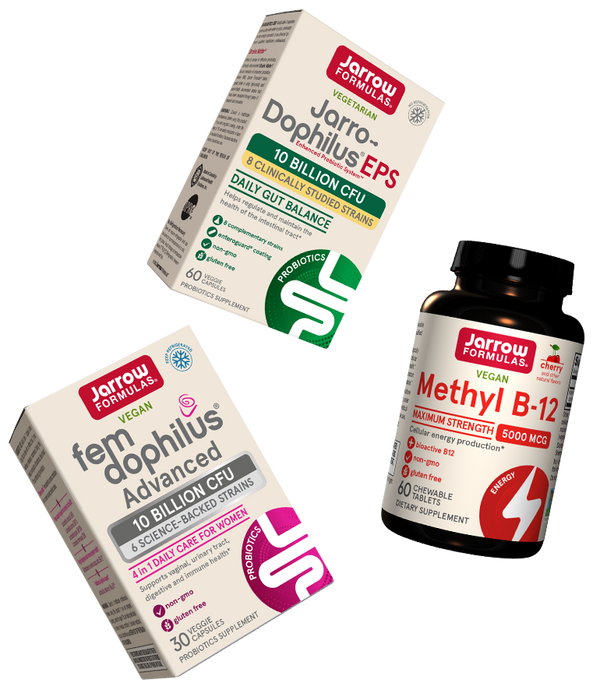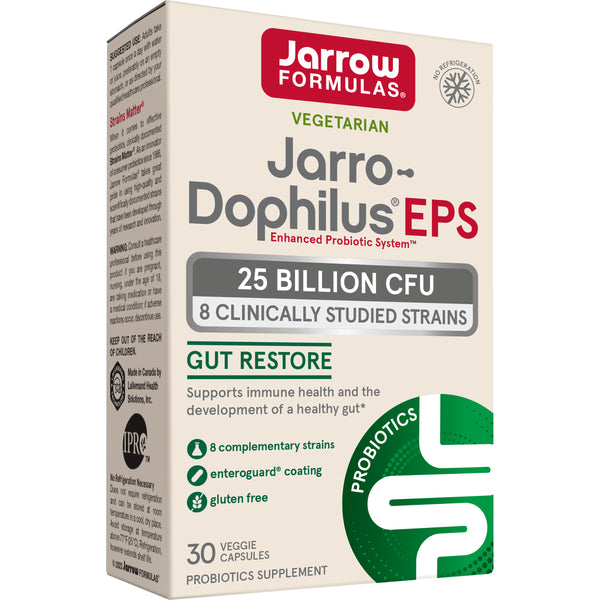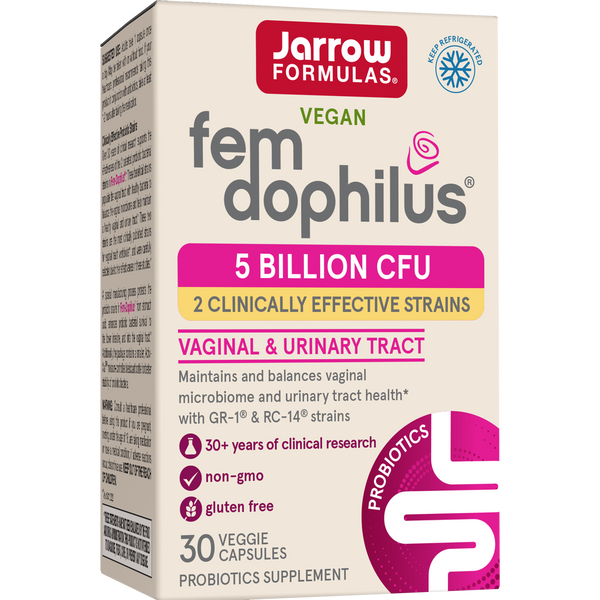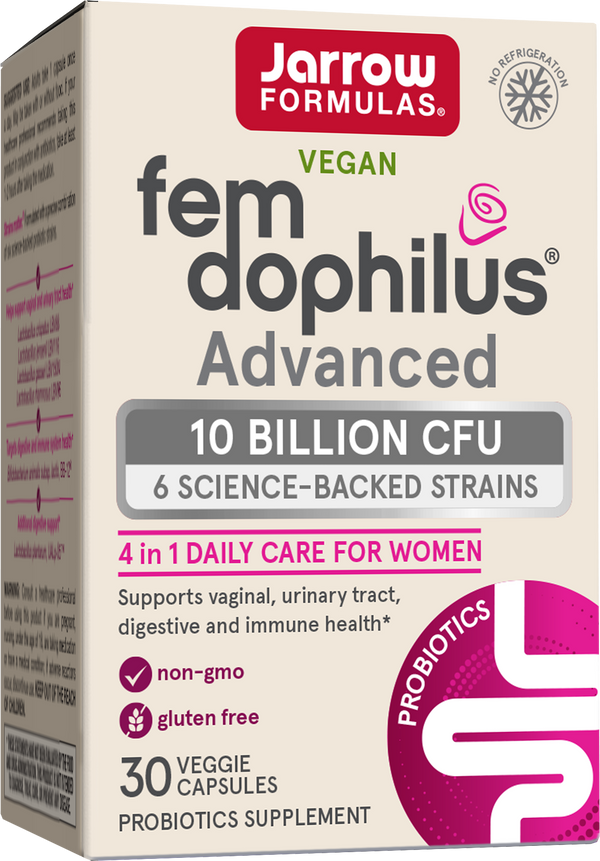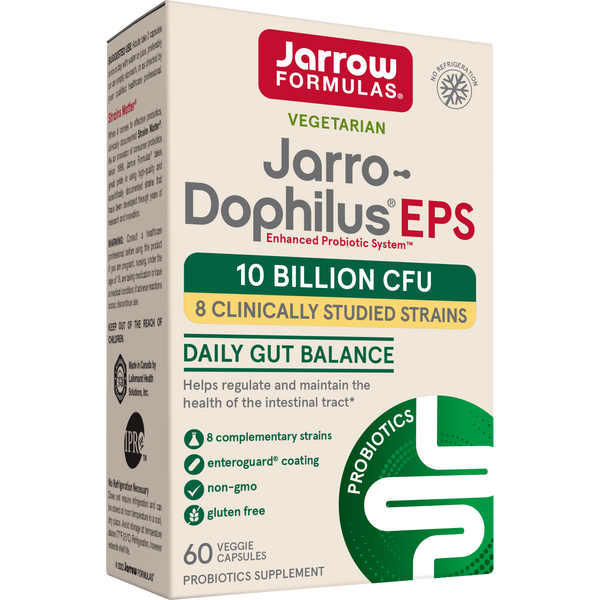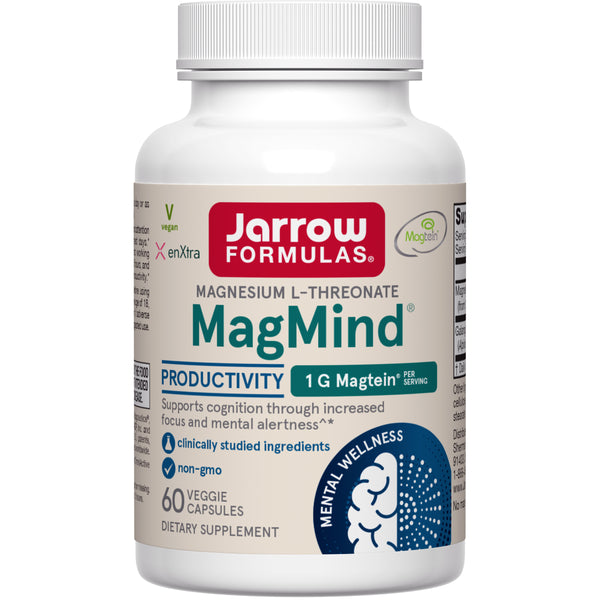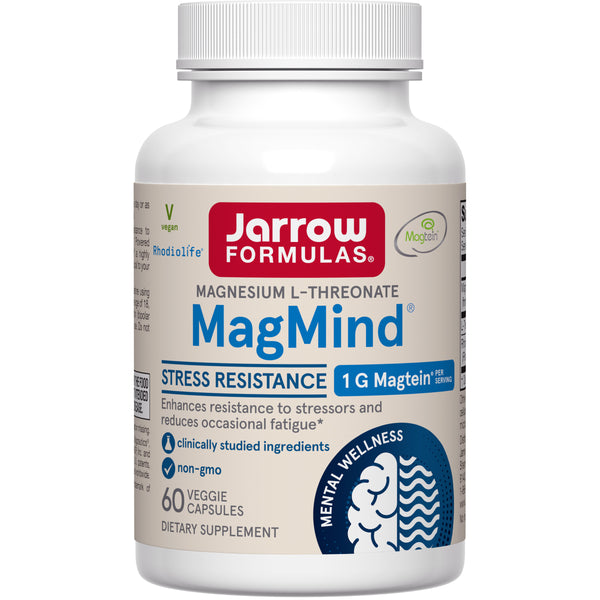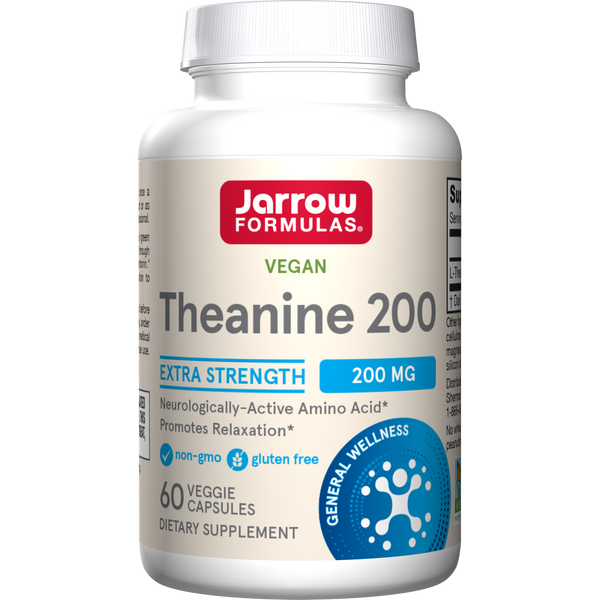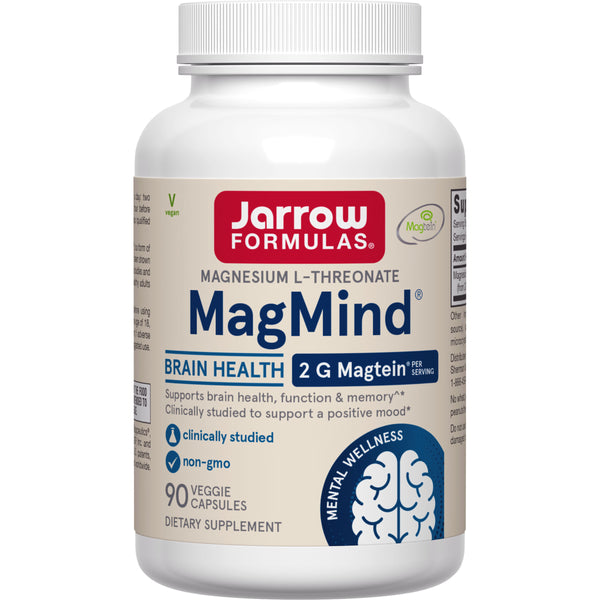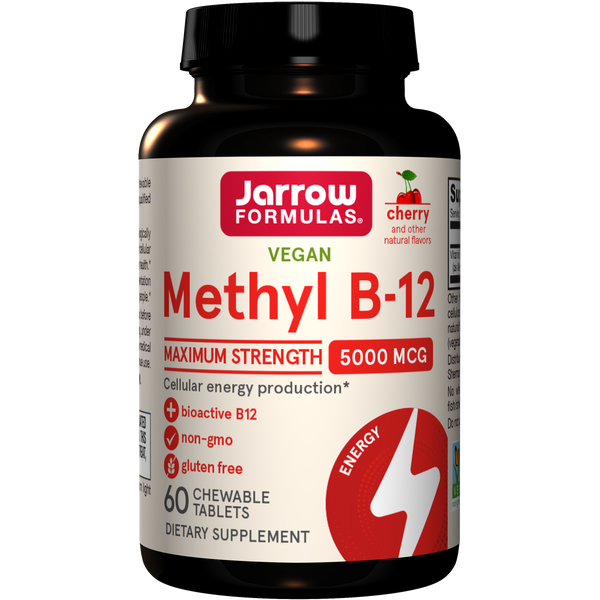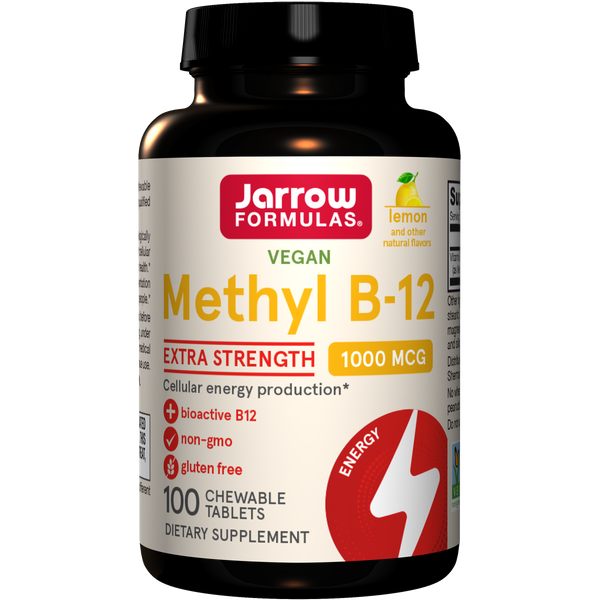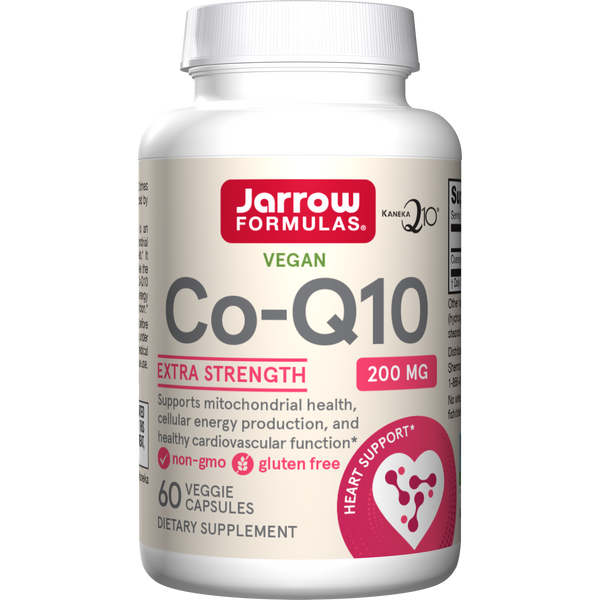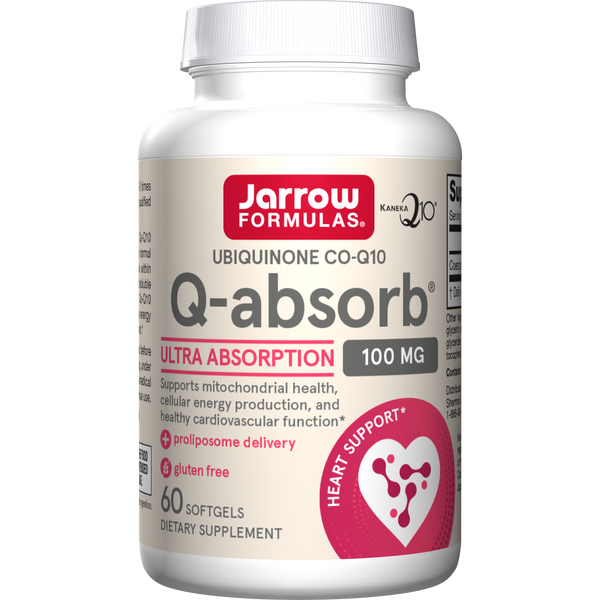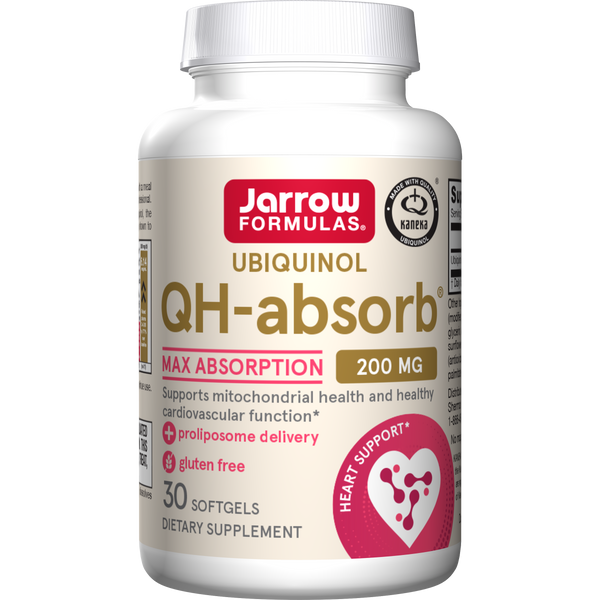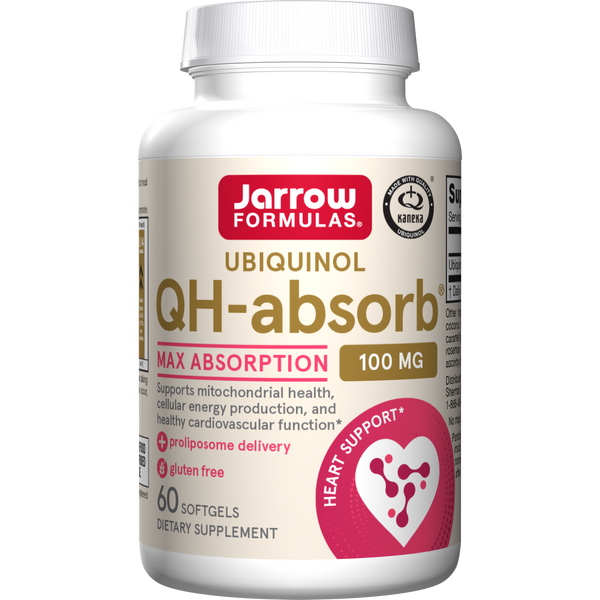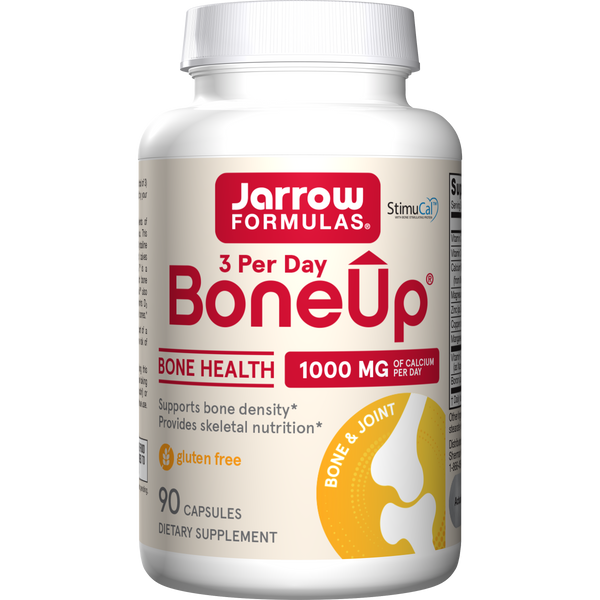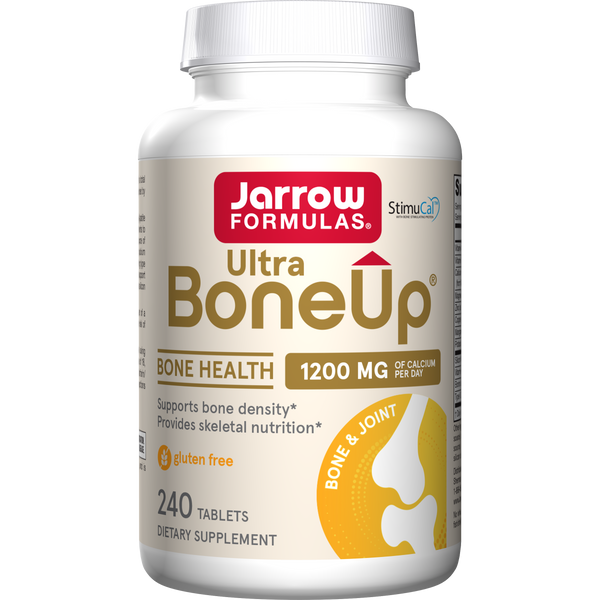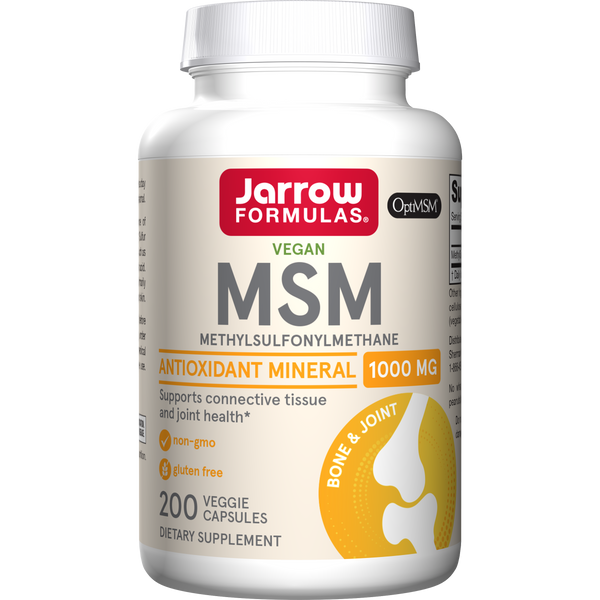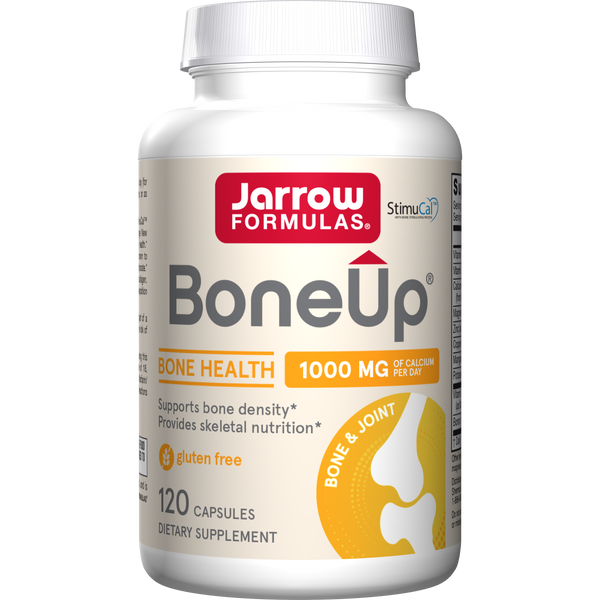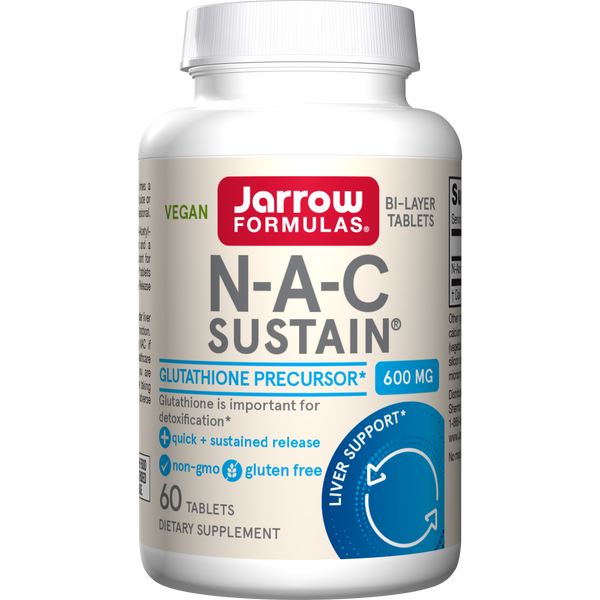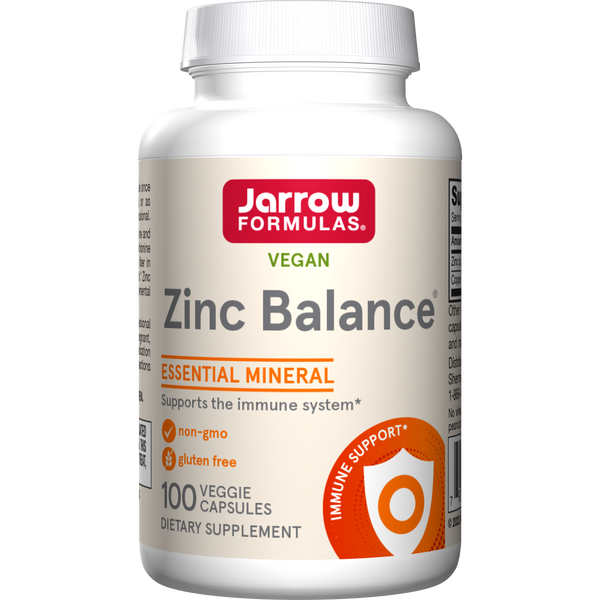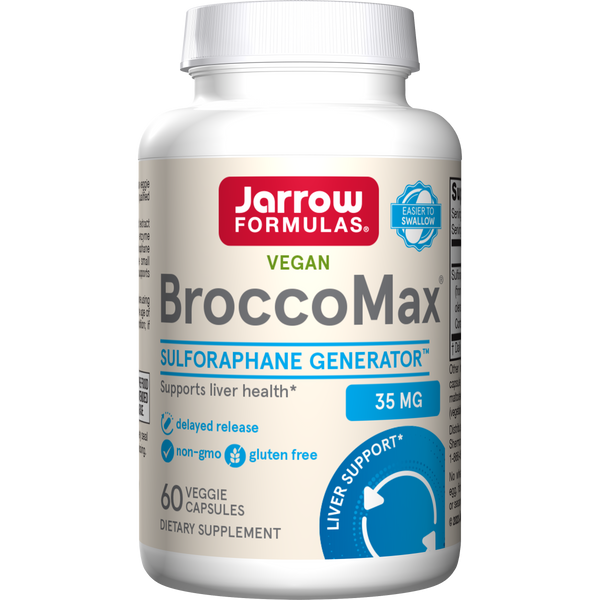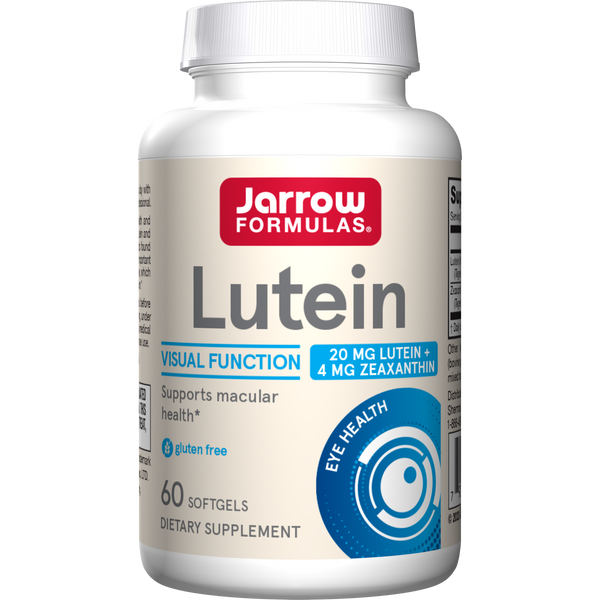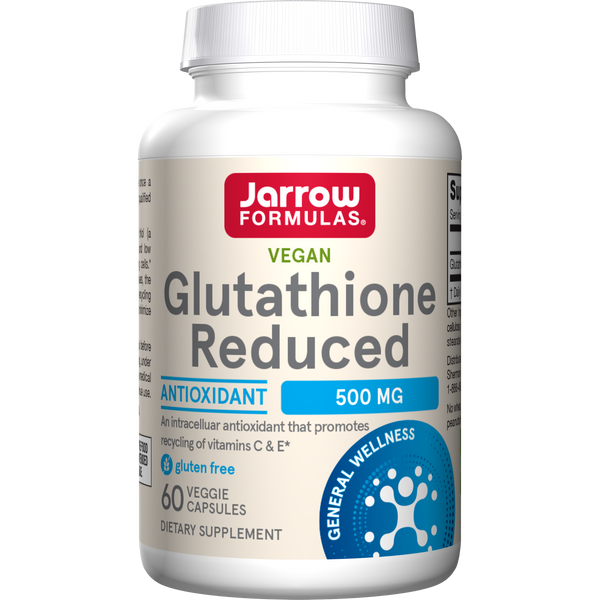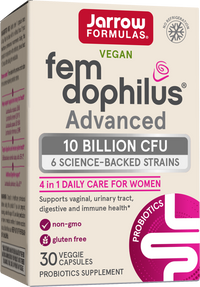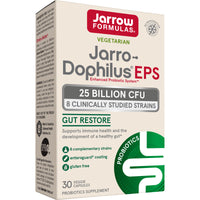Overview
As part of a natural ecosystem, many organisms develop symbiotic relationships with other living things. In humans, for example, the gastrointestinal tract provides an optimal environment for bacterial growth. These bacteria assist with the host's food digestion, protect from mechanical and chemical injury, and maintain a healthy immune system.
In modern life, a Westernized diet provides a less favorable environment for health-promoting bacteria to grow. A stressful lifestyle and frequent use of medicine as well as aging may also shift the balance between beneficial and harmful bacteria. When the balanced commensal microbiota are disturbed, it may result in abnormal gastrointestinal motility, digestion, and absorption, as well as infections and inflammation. This may explain the increasing incidence of gastrointestinal problems in industrialized nations.
Multiple clinical studies have recently shown the efficacy of probiotics in the restoration of gastrointestinal health. Particularly, a strain of Lactobacillus, Lactobacillus plantarum 299v (Lp 299v), has been shown to have an exceptional ability to provide digestive and protective support with strong adhesion and growth within the gut. These organisms seem to be able to reverse some of the pathology and associated symptoms in even severe conditions, such as irritable bowel syndrome (IBS).
What is Lactobaccilus plantarum 299v?
The genus Lactobacillus contains more than 125 species, and is commonly found in yogurt, cider, wine, sauerkraut, pickles, cheese, chocolate, and other fermented foods1. Of these species, Lactobaccilus plantarum 299v (Lp 299v) in particular (Fig 1) was first isolated from human intestine, and has been shown to have exceptional abilities including:
As part of a natural ecosystem, many organisms develop symbiotic relationships with other living things. In humans, for example, the gastrointestinal tract provides an optimal environment for bacterial growth. These bacteria assist with the host's food digestion, protect from mechanical and chemical injury, and maintain a healthy immune system.
In modern life, a Westernized diet provides a less favorable environment for health-promoting bacteria to grow. A stressful lifestyle and frequent use of medicine as well as aging may also shift the balance between beneficial and harmful bacteria. When the balanced commensal microbiota are disturbed, it may result in abnormal gastrointestinal motility, digestion, and absorption, as well as infections and inflammation. This may explain the increasing incidence of gastrointestinal problems in industrialized nations.
Multiple clinical studies have recently shown the efficacy of probiotics in the restoration of gastrointestinal health. Particularly, a strain of Lactobacillus, Lactobacillus plantarum 299v (Lp 299v), has been shown to have an exceptional ability to provide digestive and protective support with strong adhesion and growth within the gut. These organisms seem to be able to reverse some of the pathology and associated symptoms in even severe conditions, such as irritable bowel syndrome (IBS).
What is Lactobaccilus plantarum 299v?
The genus Lactobacillus contains more than 125 species, and is commonly found in yogurt, cider, wine, sauerkraut, pickles, cheese, chocolate, and other fermented foods1. Of these species, Lactobaccilus plantarum 299v (Lp 299v) in particular (Fig 1) was first isolated from human intestine, and has been shown to have exceptional abilities including:
- mucosal binding and colonization
- tolerance to a variety of stresses (eg. pH, bile acid)
- prevention of inflammatory changes in disease models (eg. modulated secretion of pro-inflammatory cytokines and other associated factors)
- regulation of bacterial overgrowth
- enhancement of vaccine efficacy when supplemented immediately after the vaccine treatment2-5

Figure 1: Lactobaccilus plantarum 299v (Lp 299v)
Reduced Growth and Penetration of Pathogens
Lp 299v has been shown to have exceptional adherence and colonization characteristics on gut mucosa, compared to other previously tested strains, even in the presence of commonly used antibiotics6-7. This ability prevents the adhesion and translocation (penetration and entrance through the gut's protecting layers) of pathogens7-8. Lp 299v is known to stimulate the secretion of mucin, which hinders the growth of disease-promoting bacteria9-10, and stable colonization of Lp 299v may also slow down pathogen expansion by competing for nutrients and secreting antitoxins, such as hydrogen peroxide and benzoic acid, which are toxic to many pathogenic bacteria11-14. Furthermore, production of SCFAs by Lp 299v lowers colon luminal pH, creating an unfavorable environment for the growth of pathogens including molds, yeasts, and bacteria13, 15. This general inhibition of pathogen growth leads to a reduction in circulating endotoxins which would otherwise cause over-stimulation of the immune system and associated infections and inflammation16. In addition, multiple studies have shown that Lp 299v reduces the colonization of Enteropathogenic E.coli (EPEC), a Gram-negative bacteria that is often associated with occasional diarrhea and bowel discomfort17-18.

Figure 2: Lp 299v Mechanism of Action
Lp 299v supports gastrointestinal, immune, and cognitive health through: 1) persistent adhesion and growth, 2) secretion of protective mucin, 3) early development of a healthy immune system and maintenance of a balanced immune response against harmful versus non-harmful agents, 4) enhancement of food digestion and metabolism, 5) secretion of anti-pathogenic molecules, and 6) modulation of cytokines, chemokines, and other factors that play important roles in immunity and cognitive functions, and 7) facilitation of appropriate and efficient cell-cell and cell-particle communications, which are critical for normal body function.
Healthy Digestion and Nutritional Support
Lp 299v, among many other gut flora, plays an essential role in general digestion and nutritional absorption. It metabolizes sugars and fibers into vital nutrients, such as short chain fatty acids (SCFAs), polyamines, vitamins, antioxidants, and amino acids. They are the primary nutrients for colonocytes and are essential for general gastrointestinal health and function13, 19.
Immune Health
Lp 299v not only benefits the general health of the gastrointestinal tract, but also the immune system. Healthy colonization of Lp 299v alters cytokine (IL-10, INFγ, TNFα), immune cell (T-cells, macrophages, and antibody producing cells) and metabolic profiles in the intestine, which positively affects immune function. Some studies have indicated that positive effects on immune function may also promote enhanced memory and learning behavior29-10, 20--21. In addition, the presence of beneficial bacteria can stimulate the expression of certain proteins and factors on cell membranes that change the cell-cell and cell-particle interactions in the gut and surrounding tissues22.
Effect of Lp 299v Clinical Data
Chronic Digestive Condition: Irritable Bowel Syndrome (IBS)
IBS is a common disease that currently affects 10-20% of the adult population in developed countries, and the number of affected individuals is expected to reach over 100 million by 2012. Symptoms often include abdominal pain, flatulence, bloating, diarrhea, and constipation23. These symptoms will interfere with daily activities and affect a patient's quality of life. However, currently available medications and other therapies have only limited efficacy and fail to relieve IBS symptoms over the long term24.
The composition of microflora significantly contributes to gastrointestinal health, and an increasing number of studies have reported an association between alternation of microbiota and IBS development. Lp 299v has been widely used in many pre-clinical and clinical IBS studies due to its exceptional ability to adhere, grow and balance immune responses in hosts. Many of the published studies have shown promising improvements in IBS symptoms, compared to other treatments and placebo groups. The improvements include, but are not limited to, the following:
- Reduction of flatulence and bloating
- Reduction of abdominal pain
- Normalization of frequency and volume of stools
- Improvement of general gastrointestinal health
IBD is a group of inflammatory diseases in the gastrointestinal tract. The most common forms of IBD are Crohn's disease and ulcerative colitis25-27. Common symptoms include, but are not limited to, abdominal pain, vomiting, diarrhea, hemotochezia (bloody stools), and weight loss. Again, as with IBS, these symptoms significantly impact quality of life. Currently available therapies have limited efficacy and often involve extended exposure to steroidal medicines and/or invasive surgeries28. Although the causes of IBD have not been elucidated, it is hypothesized that an over-reactive host immune system may be attacking various parts of the body's own gastrointestinal tract in the absence of invading pathogens37.
An increasing number of studies have shown that probiotics, particularly Lp 299v, have significant benefits in IBD, with no known complications or side effects29.
For example, Lp 299v treatment studies using animal colitis disease models have reported induced secretion of the anti-inflammatory cytokine, IL-1020. In the same studies, Lp 299v also reduced the secretion of mucosal IL-12 and IFN-γ, which are pro-inflammatory and immunostimulatory cytokines that are associated with the development of autoimmune diseases such as IBD30-37. Furthermore, the treatment significantly inhibited the transport and translocation of harmful endotoxins and bacterial pathogens across the mucosal layers in these IBD models38. Thus, Lp 299v may be an alternative therapy for IBD and related symptoms.
Kaori Shimazaki, Ph.D, is a Jarrow Formulas technical specialist. She provides technical information, education and training, and direction for the development, design, and analytical methodology of product formulations and pre-clinical studies. Dr. Shimazaki has extensive experience in project and laboratory management, and technical development in both academia and pharmaceutical companies including SDG, Inc., Diasome Pharmaceuticals, Inc., Hepasome Pharmaceuticals, Inc., Oncosome Pharmaceuticals, Inc., IDIOM Pharmaceuticals, Inc., and L3 Pharmaceuticals, Inc. She earned her Ph.D from the Molecular Biology Institute at UCLA. Her multi-disciplinary collaborations as well as her work in protein/peptide/small molecule chemistry, antibody engineering, and imaging have led to numerous published papers, grants, and patents.
*These statements have not been evaluated by the Food and Drug Administration. This product is not intended to diagnose, treat, cure or prevent any disease.
